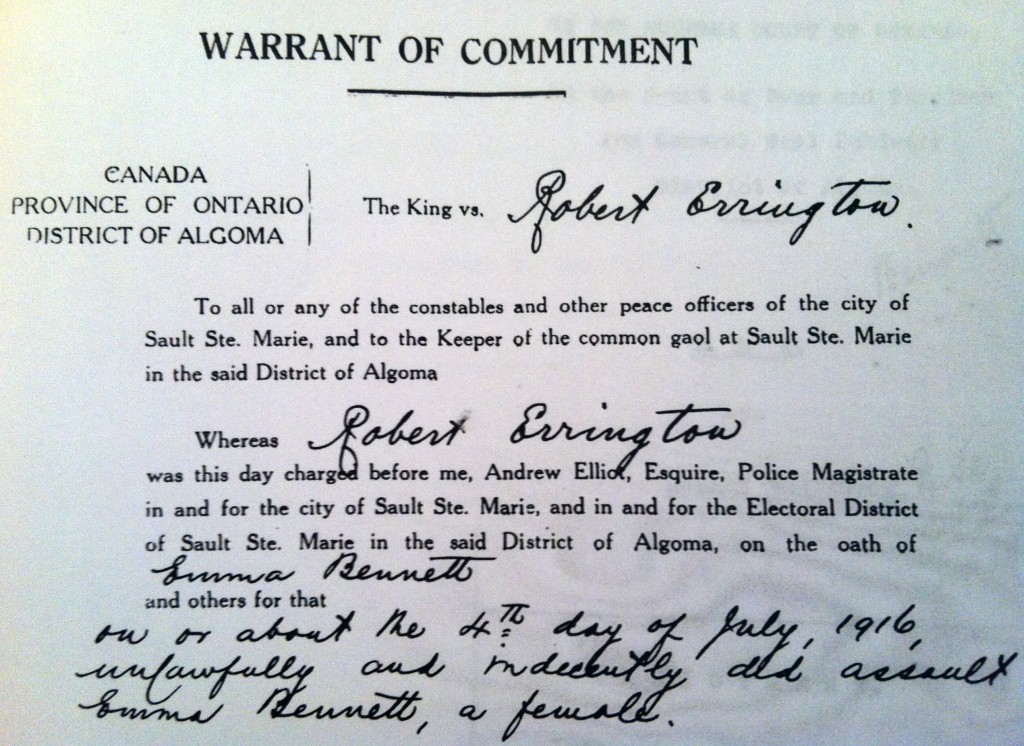A few weeks ago, SSH social media volunteer Julie Mastrine began a Change.org petition against Simple Pickup.
She wrote, “Simple Pickup is a YouTube channel that features three guys as they harass, sexualize and often downright grope women on the street, all in the name of “picking up girls” and “giving you tips to help guys like you, get laid,” according to the user description. Unfortunately, the channel has over a million subscribers, and the message it sends is clear: it’s totally okay to harass women on the street, sexualize them, make them uncomfortable, and touch them without their consent.”
The petition has 30,000 signatures and asks YouTube to take down this offensive channel. (Please sign!)
Today I found out that the guys at Simple Pickup have reached a new low… they filmed themselves “motorboating” random women on the street (they pressed a woman’s breasts together and shook their face back and forth between them, to make the sound of a motorboat) and then they tried to make this offensive act “better” by donating $20 per motorboat to the Breast Cancer Research Foundation. Once the Foundation learned about the origin of the funds, they refunded the donation, telling media:
“We appreciate efforts to raise money to advance breast cancer research, but out of respect for the community we serve, we have asked Simple Pickup to cease all references and associations to our organization and are refunding their donation immediately.”
Good for them. As Audra at the Daily Dot writes, “objectifying women was a disgraceful way to support the cause.”
I’m really alarmed that the Simple Pickup guys continue to make offensive videos that millions of people choose to watch. Sexually objectifying women, disrespecting them, and portraying street harassment as cool and okay is problematic, harmful and needs to end. I’m also disappointed in YouTube for continuing to host and support these videos.
Please, sign the petition, share the petition and tweet at @YouTube that this channel has to go!
H/T Renee at Collective Action for Safe Spaces



